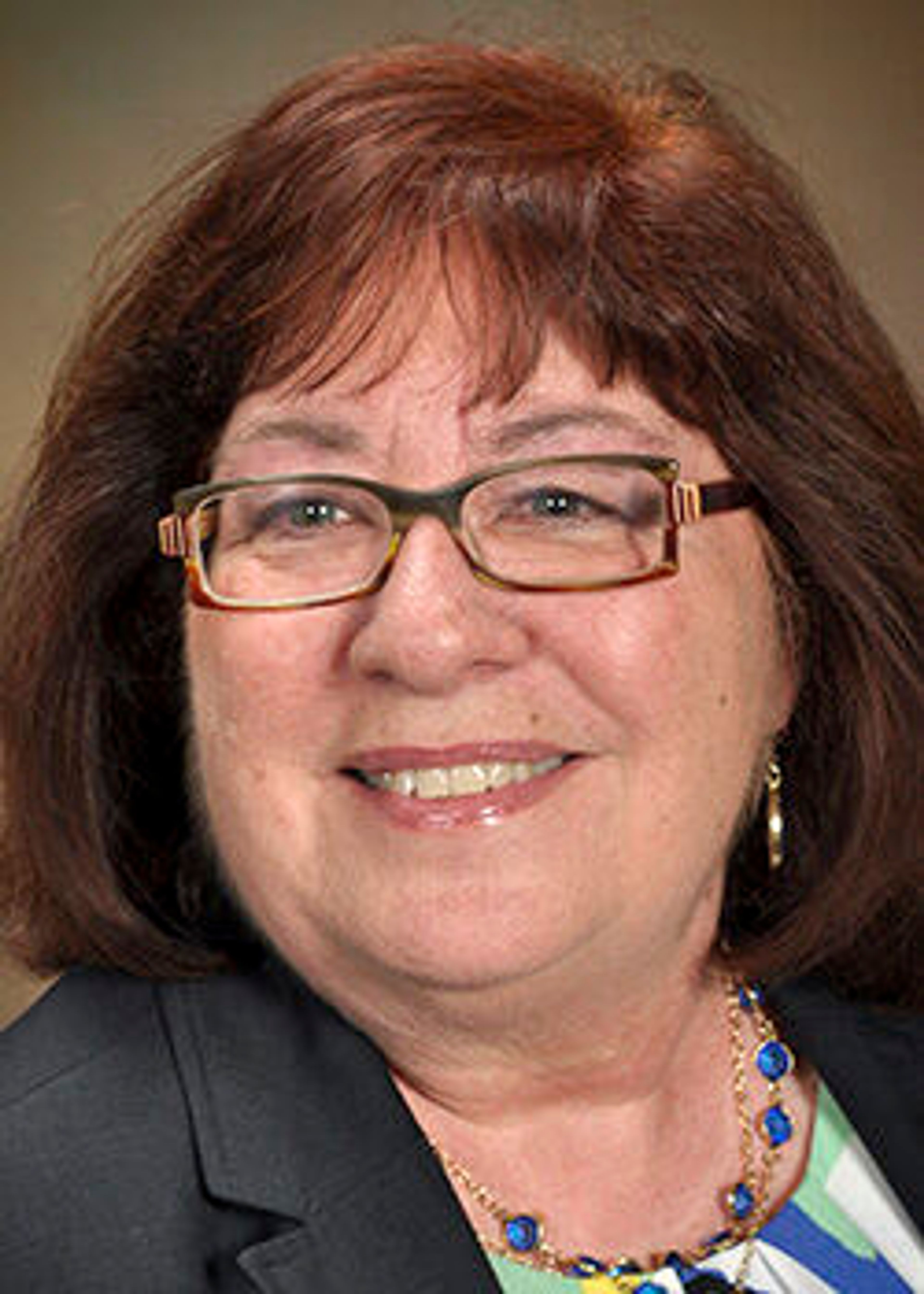Thanks to a bipartisan vote that was signed into law by President Biden on Dec. 13, my 40-year marriage will be safe in all states.
I am not LGBT. I am a heterosexual Cherokee woman who happens to be married to a white man. And by white, I mean 100% Irish Welsh. The Respect for Marriage Act protects same sex marriage, it also, finally, protects interracial marriages.
Passed in the House by a 259-168 vote, the landmark legislation passed the Senate with a bipartisan 61-36 vote. The legislation does not recognize polygamous marriage, nor does it require nonprofit religious organizations to perform marriage ceremonies in situations which are against their beliefs.
While most people instantly think the law is only for LGBT couples, they do not understand interracial couples were also included. Without this law, my interracial marriage could easily have been upended by a state law or an activist Supreme Court.
Although I can “pass” as white, most people who look closely at me realize I am not 100 percent Caucasian. This has led to discrimination in subtle and not so subtle forms.
One of those forms would be when people in my husband’s hometown would whisper that Roger had married an Indian. These people would often try to shame his family. Thankfully, my in-laws ignored them. I’m also very thankful his employer did not care.
There are a lot of examples, too many to go into here.
A lot of this takes me back to the idea of the “one drop” rule, where if someone had “even one drop” of another race in their blood, they were that race, not white.
There is a scene in the 1951 movie “Showboat,” where an interracial couple is fighting for their marriage as the sheriff is about to arrest them for breaking the law, a white man marrying a part Black woman. The husband cuts his wife’s finger, then sucks a drop of her blood. He then tells the sheriff that he, too, is now part Black because he has one drop.
Too often, that has been a specter in the back of my marriage, especially in areas intolerant of interracial marriages.
Sometimes, people will ask, “But you’re Native American, surely that does not count.” Oh, yes it does. For people who want to keep the races “pure,” it means a lot.
Even though the U.S. Supreme Court ruled against states prohibiting interracial marriage in 1967 (Loving v. Virginia), the attitudes and local discrimination against interracial couples has remained palatable.
In recent years, our LGBT sisters and brothers have taken the brunt of the marriage equality question. Many of us in interracial marriages have cheered them on, knowing full well the issues of just wanting to be with the person you love.
After the House passed the bill, Sen. Tammy Baldwin (D-Wisc.), the first openly gay member elected to the Senate, said in the Washington Post: “We can put to rest the worries of millions of loving couples who are concerned that someday an activist Supreme Court may take their rights and freedoms away. We are giving these loving couples the certainty that their marriages are legal and that they will continue to have the same rights and responsibilities and benefits of every other married couple.”
It does amaze me that Sen. Mitch McConnell (R-Ky.) voted against the bill. He is married to an Asian woman. It makes me wonder how Justice Clarence Thomas would vote if the law came before the Supreme Court — would he go against his own marriage to a white woman?
However, it does not at all surprise me that Idaho’s U.S. Sens. Mike Crapo (R) and James Risch (R) voted against the act. I did write and ask them why on the day the bill passed the Senate. Only Crapo responded, but with a generic form letter that avoided my question.
I understand they do not like the LGBT community, but even The Church of Jesus Christ of Latter-day Saints, one of the largest Christian denominations in the state, supported the bill.
Both of Washington’s senators voted for the legislation, and in the House, Reps. Cathy McMorris Rogers and Jamie Herrera Beutler of Washington and Russ Fulcher of Idaho voted no.
Still, the act passed with bipartisan support. And I, among many others, am breathing a sigh of relief that, with the stroke of a presidential pen, our marriages are now safe.
Tallent was a journalism faculty member at the University of Idaho for 13 years before her retirement in 2019. She is of Cherokee descent and a member of both the Native American Journalists Association and the Society of Professional Journalists. She and her husband live in Moscow with their two cats. She also writes at spokanefavs.com.








